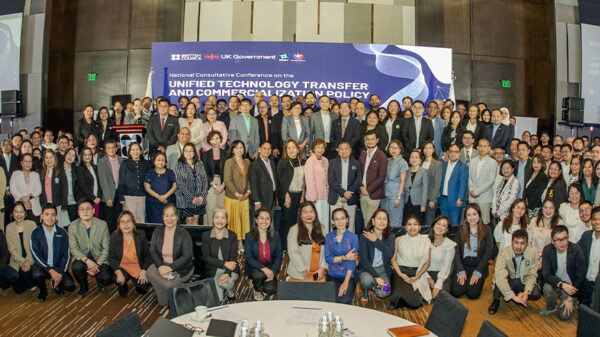The latest research from Kaspersky Lab and B2B International has raised concerns about the safety of over-55s online. The findings of the research, in a report entitled: ‘Older and wiser? A look at the threats faced by over-55s online,’ demonstrates that this age group can behave insecurely online and often become victims of fraud.
The findings are worrying, because the research, which questioned 12,546 Internet users across the globe, suggests that the older generation is actually a very attractive target for cybercriminals.
When they are online, many over-55s shop, bank and communicate with loved ones without effectively protecting themselves, and the things that are most important to them, from cybercriminals.
Despite the fact that this age group is more likely to install security software on their computers, they are less likely to protect their mobile devices or amend their behavior online to stay safe. For example, they use high privacy settings on social media and in their browser less than other age groups (30% vs. 38%).
They are also unlikely to use the security functions that come with their devices (such as ‘find my device’) or VPN – 28% and 10% respectively compared to 42% and 16% respectively of users across all ages. When sharing information, only 35% double-check messages before sending and only 16% avoid sharing information when tired (versus 44% and 31% among the youngest respondents).
The older generation is using the Internet for many aspects of their lives – increasing their vulnerability to cybercriminals if they continue to go online without taking precautions.
They are using the Internet to communicate with others – 94% of over-55s email regularly. They are also going online to complete day-to-day tasks.
This age group is more likely than others to conduct financial transactions over the Internet, with 90% of over-55s shopping and banking online (compared to an average 84% of users across all age groups).
Yet despite all of this, only half of over-55s (49%) worry about their vulnerability when purchasing products online and the vast majority (86%) do not believe they are a target for cybercriminals.
Worryingly, four in ten (40%) have put themselves at risk by sharing financial details in the public domain (compared with 15% across all age groups).
Their lack of cyber-savviness is making over-55s less prepared for the dangers of the online world. As a result, this generation is being victimized by cybercriminals.
According to the report, 20% of Internet users overall have older relatives that have encountered malicious software, and 14% have older relatives that have fallen for fake prize draws online.
In addition, 13% have older relatives that have shared too much personal information about themselves online and 12% have older relatives that have become the victim of an online scam, seen inappropriate/ explicit content, or communicated with dangerous strangers online.
“On the one hand, it’s great to see that so many over-55s are using the Internet to shop, bank and stay connected with loved ones. The report shows clearly that this generation is embracing a connected life, and all of the opportunities that come with it. On the other hand, however, it’s clear that the over-55s are not doing enough to protect themselves properly. Worryingly, they don’t even believe they are a target for cybercriminals, but they are putting themselves in danger time and again,” said Andrei Mochola, Head of Consumer Business at Kaspersky Lab.














































































































